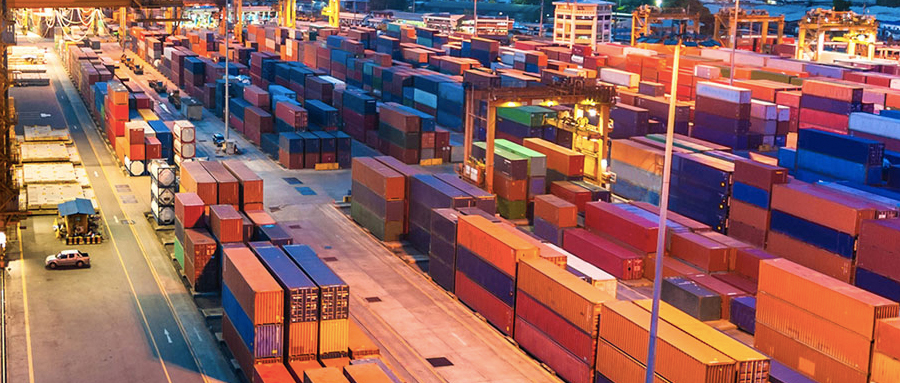
The world's three major trading companies, Cargill, Viterra, and Louis Dreyfus, withdrew from the Russian market on July 1st. As early as March 2024, the leadership of these companies had informed the Russian Ministry of Agriculture that due to Western sanctions pressure, they would stop exporting food from Russia and need to resolve the transfer of their subsidiaries in Russia before the middle of the year. Ultimately, Vitra's Russian subsidiary was renamed MZK Export and will continue to operate as an independent exporter in Russia. However, the Ministry of Agriculture has not yet announced the specific arrangements for Cargill and Louis Dreyfus.
According to data from the Russian Food Federation, in 2022/23, Vitara exported 3.7 million tons of grain to Russia, ranking fourth; Cargill's subsidiary exported 2.3 million tons, ranking sixth; Louis Dreyfus Eastern European subsidiary exported 1.2 million tons, ranking eleventh. The total export volume of these three companies in 2022/23 was 7.2 million tons, accounting for over 13% of Russia's total grain exports at that time.
The general manager of IKAR pointed out that Cargill, Vitara, and Louis Dreyfus account for 20% of the grain market share exported through the Black Sea. However, he believes that the withdrawal of these companies will not significantly affect the supply of Russian grain to international buyers, as there are still many companies in the market willing to transport grain. The chairman of the Grain Exporters Association emphasized that strong domestic enterprises in Russia have risen and their business scale has exceeded that of foreign participants in the market. The withdrawal of these traders will affect the level of buyer competition among grain producers.
In August 2014, Russian President Vladimir Putin implemented a food embargo, and Russia closed its markets to meat, sausages, fish and seafood, vegetables, fruits, and dairy products from the United States, European Union, Canada, Australia, and Norway.
Oleg Kniazikov, head of the Industry Appraisal Center of the Agricultural Bank of Russia, said that the results were not surprising - food production in the agricultural and industrial complex increased by 20% from 2013 to 2023, at an actual current price of 8.3 trillion rubles. At the same time, food imports decreased by 14% to $35.1 billion, while exports more than doubled from 2014 to 2023, reaching $43.5 billion, "added Anton Treening, an expert at Russia's Analytical Credit Rating Agency (ACRA).
Ternin pointed out, "The record breaking food import and export surplus in 2023, reaching $8.4 billion, proves that the pattern of the food market has changed and the domestic market has achieved successful development. The key factors for Russia's agricultural development are state support and large-scale private investment
Ternin said that the best performance was that Russia's domestic agricultural and industrial complex successfully replaced imported meat and fish products: self-sufficiency rates reached 100% and 165% respectively, and the import of aquatic products (shrimp, devil's head knife, tuna) was no longer the only way, but only increased product categories. Gelman Zverev, Chairman of the All Russian Association of Fishery Enterprises, Entrepreneurs, and Exporters, added that during the decade from 2013 to 2023, the import volume of Russian aquatic products sometimes decreased significantly, sometimes increased, and then decreased again, but ultimately decreased by 35.3% to 656000 tons. At the same time, fish production increased by 22% to 4.4 million tons.
Ternin pointed out that in addition, Russia has fully guaranteed its vegetable oil and sugar beet, and grain production has also increased significantly, accounting for more than one-third of Russia's exports in monetary terms.
Knyazikov gave an example:
During the period from 2013 to 2023, Russia fully ensured its food self-sufficiency rate - increasing from 140% to 171%, meat - increasing from 84% to 102%, milk - increasing from 77% to 102% (according to the statistics of the Russian White Union), and vegetable oil - increasing from 98% to 227%. Russia's agricultural and industrial complex is far ahead of any foreign counterparts. Today, Russia is the world's largest producer of food and sunflower seed oil, the largest producer of poultry and milk in Europe, and the second largest producer of pork
Ternin pointed out that development is still ongoing, and dairy products are expected to reach the 90% target set in food safety theory within 3-5 years. In terms of vegetables, Russia approached this level last year, reaching 89.4%.


 Back
Back